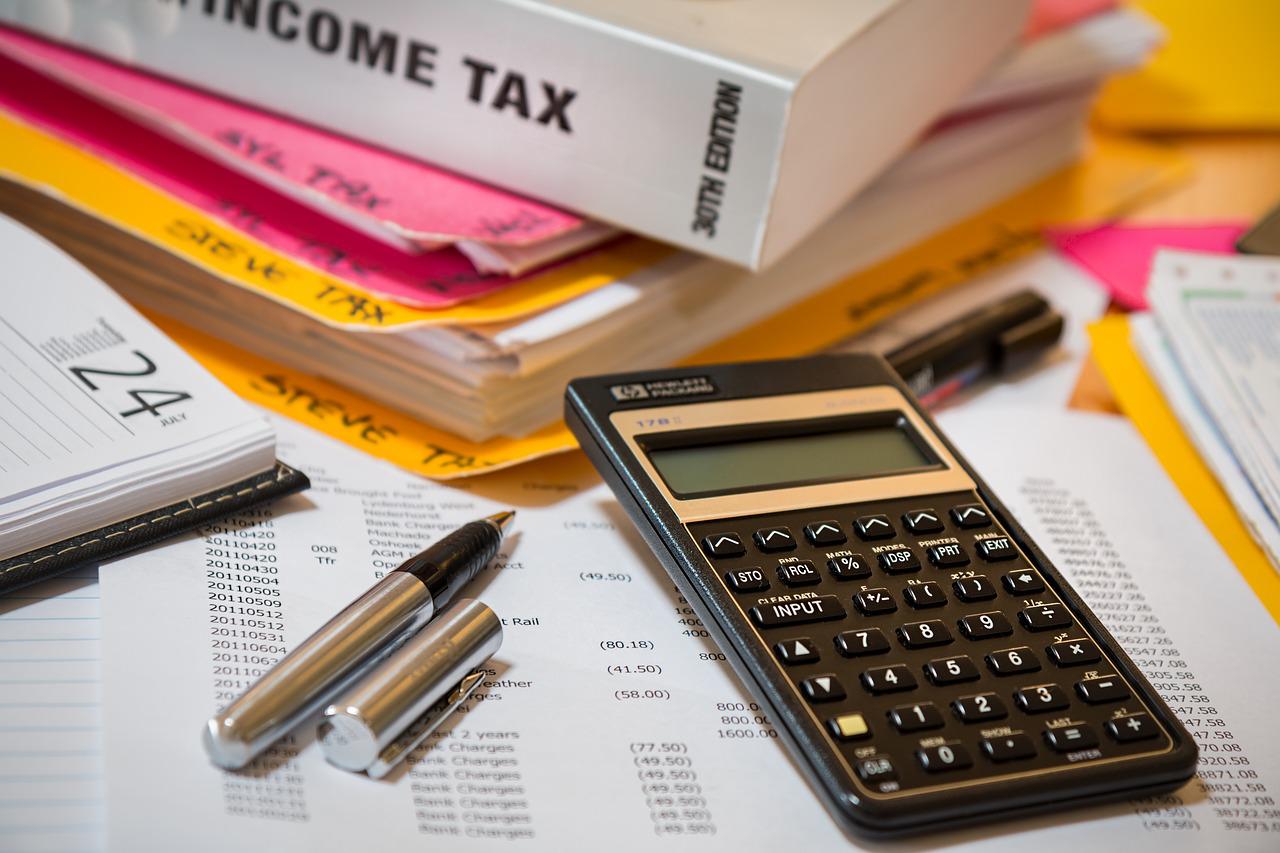In May, the Australian Taxation Office (ATO) announced that they would be focusing on the following four key areas this tax time.
- record-keeping
- work-related expenses
- rental property income and deductions, and
- capital gains from crypto assets, property, and shares.
The ATO is specifically focusing on targeting problem areas where they have seen people making mistakes. According to the ATO it is important you rethink your claims and ensure you can satisfy the 3 golden rules:
- You must have spent the money yourself and not have been reimbursed.
- If the expense is for a mix of income producing and private use, you can only claim the portion that relates to producing income.
- You must have a record to prove it.
Record-keeping
The ATO will be taking firm action to deal with taxpayers who deliberately try to increase their refund, falsify records or who cannot substantiate their claims. Such behaviour by taxpayers means they are gaining an unfair advantage over the rest of the Australian community who are doing the right thing.
Taxpayers who rush to lodge their tax returns in July often forget to include interest from banks, dividend income, payments from other government agencies and private health insurers. For most taxpayers, this information will be automatically pre-filled in their tax return by the end of July.
Waiting a few weeks can mean a smoother tax return process, save you time in the longer run as you will get your tax return right and not have to deal with amendments. If you want to lodge earlier, you must take extra time to manually add all your income.
Work-related expenses
Many taxpayers changed to a hybrid working environment since the start of the pandemic, which saw one in three taxpayers claiming working from home expenses in their tax return last year.
If your working arrangements have changed, don’t just copy and paste your prior year’s claims. If you work from home, the ATO would expect to see a corresponding reduction in car, clothing and other work-related expenses such as parking and tolls.
To claim a deduction for your working from home expenses, there are three methods available depending on your circumstances. You can choose from the shortcut (all-inclusive), fixed rate and actual cost methods, so long as you meet the eligibility and record-keeping requirements.
If your expense was used for both work-related and private use, you can only claim the work-related portion of the expense. For example, you can’t claim 100% of mobile phone expenses if you use your mobile phone to keep track of the kids and check on your elderly parents.
Rental income and deductions
If you are a rental property owner, make sure you include all the income you’ve received from your rental in your tax return, including short-term rental arrangements, insurance payouts and rental bond money you retain.
Not all expenses are the same, some can be claimed straight away, such as rental management fees, council rates, repairs, interest on loans and insurance premiums. Other expenses such as borrowing expenses and capital works need to be claimed over several years. Capital works can include replacing a roof, or a new kitchen renovation. Depreciating assets such as a new dishwasher or new oven costing over $300 are also claimed over their effective life.
Capital gains from crypto assets, property and shares
If you dispose of an asset such as property, shares, or a crypto asset, including non-fungible tokens (NFTs) this financial year, you will need to calculate a capital gain or capital loss and record it in your tax return.
Generally, a capital gain or capital loss is the difference between what an asset cost you and what you receive when you dispose of it.
Crypto assets have been a popular in recent years and the ATO are expecting to see more capital gains or capital losses reported in tax returns this year. It is important to note that, as capital assets, you can’t offset your crypto losses against your salary and wages.
Through the ATO’s data collection processes, the ATO will know if you are buying, selling or exchanging digital coins and assets. This information will not be pre-filled in your tax return, but it will be cross checked by the ATO later, so it is important you declare these transactions.
If you would like to learn more about the above, please contact Calibre Business Advisory on (02) 9261 2177, and our dedicated team will be more than happy to assist.

